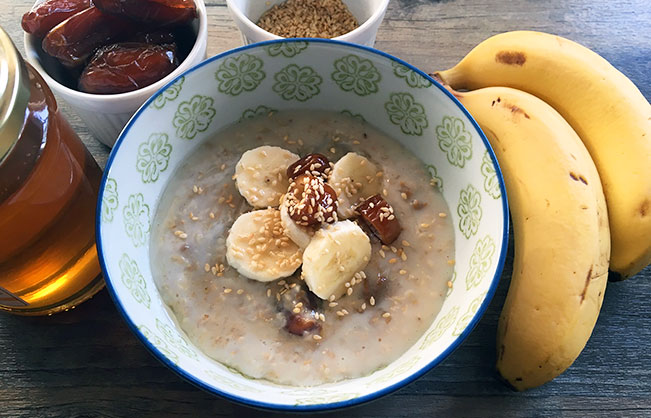The temperature steadily becomes colder as winter approaches, and this time of year is often a high-risk time for a number of ailments. During the winter, it's crucial to concentrate on keeping your health in tip-top shape. Understanding the typical problems that occur throughout the winter is essential to taking good care of your health during this time. We'll go through the illnesses you need to be aware of and how to avoid them below.

1. Frosty fingers and toes
Even inside in the winter, chilly hands and feet are common among women. In order to be warm and comfortable, it's essential to layer up with warm socks, gloves, and thick outerwear. This happens as a result of the distance between the nerve terminals in the extremities and the heart, which causes blood vessels to contract in reaction to cold temperatures. This problem is made worse by inactivity, which leads to chilly extremities. It's necessary to seek medical attention if your fingers or toes start to feel very cold, numb, or tingling.
Avoid smoking, and consume less caffeine from beverages like cola, strong tea, and coffee.
- - Eat meals that promote blood circulation and warmth.
- - Cover up well, preferably in layers.
- - Regularly engage in hand and foot workouts to enhance circulation.
- - Refrain from being still for long periods of time, especially while using a computer for more than seven hours.
- - Get moving to ward against the effects of aging and strengthen your immunity in general.
2. Arthritis Knee discomfort from arthritis, in particular, tends to become worse as the weather gets colder. Joint discomfort may be greatly exacerbated by changes in temperature more than 3 degrees Celsius, changes in air pressure greater than 10 hPa, and changes in humidity greater than 10%. Less blood arteries surround joints, which makes them vulnerable to inadequate blood flow. In addition, limbs are often exposed to the cold, which results in heat loss and tight, painful joints.
Keep your extremities toasty.
- - Use elbow or knee supports.
- - Consistently do rehabilitation activities to build up your leg muscles and improve blood flow.
- - For joint health, think about swimming or water-based workouts in a warm pool.
- - As per weather predictions, take precautions to remain warm and dry.
Dry Skin 3.
A delicate organ like the skin often has problems in the cold. Skin blood vessels tend to constrict in cold conditions, limiting perspiration and sebaceous gland activity. As a result, dry skin, itching, redness, fissures, and peeling become noticeable, especially on the lower limbs. Excessive soap and hot water washing is a typical contributor to worsened skin dryness.
Limit your bathing frequency to prevent becoming too dry.
- - Choose a hydrating body wash and lukewarm water instead of hot water.
- - After showering, use moisturizing creams or lotions, such as those made with petrolatum or lanolin.
- - Steer clear of soaps with high pH levels.
- - Use a humidifier to maintain indoor humidity.
4. Gout
A genetic metabolic illness, gout tends to become worse in the colder months. Urate deposits in joints may crystallize if there is too much uric acid in the body. White blood cells make an effort to remove these deposits from the circulation, which causes inflammation and excruciating pain.
Observe your nutrition and strive to keep a healthy weight.
- - Steer clear of foods high in purines like alcohol, shellfish (oysters, sardines), and animal organs (liver, heart, kidney, etc.).
- - Drink plenty of water to encourage uric acid excretion.
- - You should think about obtaining routine blood testing to check your uric acid levels if you have a family history of gout or other risk factors.
4. Respiratory Conditions

When temperatures dip, our respiratory system often experiences problems first. In the winter, many individuals suffer from recurrent illnesses including asthma and chronic bronchitis. Flu, rubella, measles, and more serious conditions including meningococcal meningitis and mumps are among the infectious diseases that are often spread throughout this season. The irritating effects of the dry, cold air on the respiratory system often make these problems worse. Our immune system is being put to the test by the changing environment.
Avoid wearing too many layers of clothes to reduce excessive perspiration.
- - Make sure enclosed places have enough ventilation.
- - Include regular exercise in your regimen to improve lung and heart health and circulation.
- - To safeguard your health during flu season, think about getting a flu vaccination.
You may better protect your health and lower your risk of common cold-weather illnesses by using these winter health and wellness measures. Keep in mind that leading an active lifestyle, eating a balanced diet, and maintaining excellent cleanliness may all help to keep you healthy during the winter.


